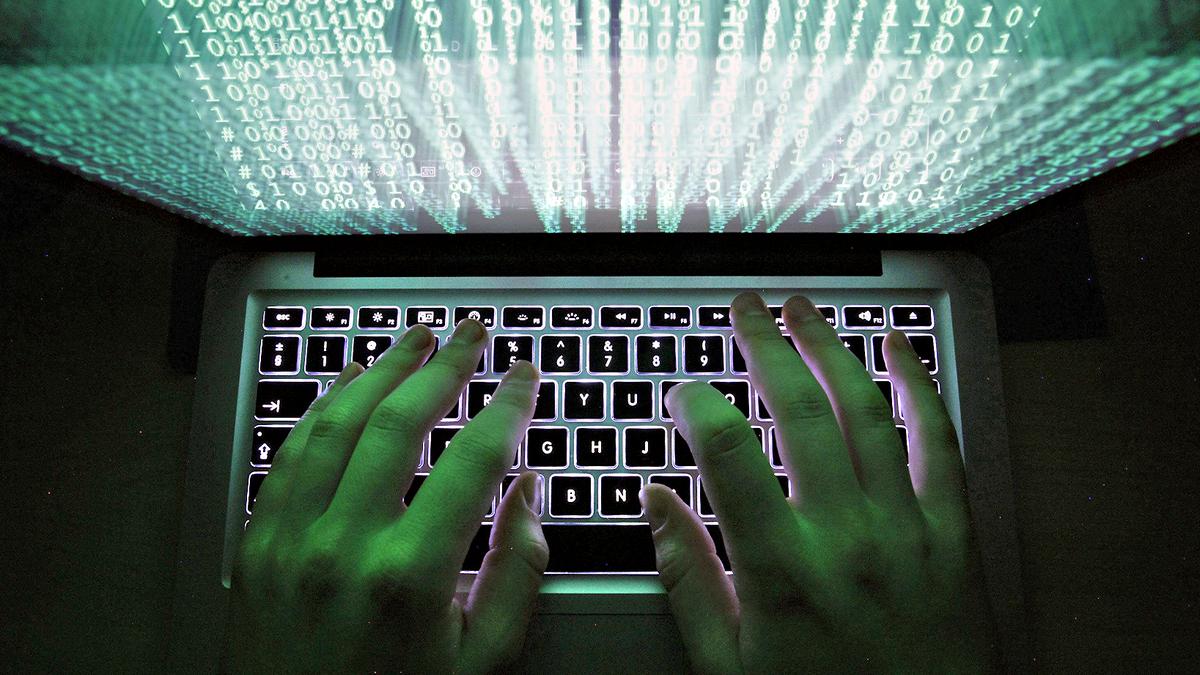
Can chatbots boost mental health?
The Hindu
Mental health chatbots using AI are growing in popularity despite concerns from tech experts.
Mental health counsellor Nicole Doyle was stunned when the head of the U.S. National Eating Disorders Association showed up at a staff meeting to announce the group would be replacing its helpline with a chatbot.
A few days after the helpline was taken down, the bot - named Tessa - would also be discontinued for providing harmful advice to people in the throes of mental illness.
"People ... found it was giving out weight loss advice to people who told it they were struggling with an eating disorder," said Doyle, 33, one of five workers who were let go in March, about a year after the chatbot was launched.
"While Tessa might simulate empathy, it's not the same as real human empathy," said Doyle.
(For top technology news of the day, subscribe to our tech newsletter Today’s Cache)
The National Eating Disorders Association (NEDA) said that while the research behind the bot produced positive results, they are determining what happened with the advice given and "carefully considering" next steps.
NEDA did not respond directly to questions about the counsellors' redundancies but said in emailed comments the chatbot was never meant to replace the helpline.





















 Run 3 Space | Play Space Running Game
Run 3 Space | Play Space Running Game Traffic Jam 3D | Online Racing Game
Traffic Jam 3D | Online Racing Game Duck Hunt | Play Old Classic Game
Duck Hunt | Play Old Classic Game











